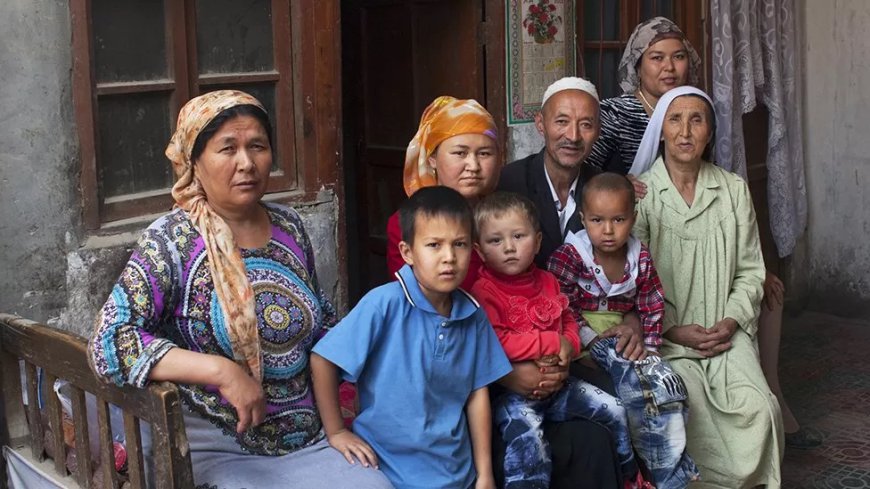Uncovering the Uyghur Crisis: Accusations of Genocide in China's Xinjiang Region
Delve into the Uyghur crisis in China's Xinjiang region, where allegations of genocide and human rights abuses persist. Explore the origins, allegations, and China's response to this contentious issue.

In recent years, the international community has raised serious allegations against China, accusing it of committing crimes against humanity and possibly genocide in its north-western province of Xinjiang. The primary focus of these allegations is on the Uyghur population, the largest minority ethnic group in the Xinjiang Uyghur Autonomous Region. This blog post examines the Uyghur crisis, the allegations made against China, and the country's response to these accusations.
Who Are the Uyghurs? Preservation of Culture Threatened The Uyghurs, a predominantly Muslim ethnic group, have a unique language similar to Turkish and identify culturally with Central Asian nations. However, their cultural identity faces a significant threat due to a deliberate influx of Han Chinese orchestrated by the state to dilute the Uyghur population. In addition, China has been accused of targeting Uyghur religious figures, banning religious practices, and even destroying religious sites like mosques and tombs.
Where Is Xinjiang? Strategic Importance and Historical Background Xinjiang, China's largest region, is located in the north-west and, like Tibet, has theoretical self-governance powers. Nevertheless, in practice, both regions are tightly controlled by the central government. Xinjiang is a resource-rich area, producing a substantial portion of the world's cotton, oil, and natural gas. It serves as a vital trade link between Central Asia and Europe for Beijing. Historically, Xinjiang briefly declared independence in the early 20th century but was later brought under the complete control of China's Communist government in 1949.
Allegations Against China Serious Accusations and International Response Numerous countries, including the US, UK, Canada, and the Netherlands, have accused China of committing genocide. The allegations are grounded in reports of mass sterilizations of Uyghur women, the separation of children from their families, and attempts to erase Uyghur cultural traditions. The US Secretary of State has explicitly labeled China's actions as "genocide and crimes against humanity," and the UK Parliament has followed suit. A UN human rights committee reported the existence of "counter-extremism centers" detaining up to a million people, and research uncovered over 380 "re-education camps" in Xinjiang. Leaked documents like the China Cables further reveal the prison-like conditions within these facilities.
The Build-up to the Crackdown History of Tensions and Ongoing Surveillance Tensions between the Uyghurs and Han Chinese have a history dating back to the 1990s and have occasionally erupted in violence, as seen in the 2009 clashes that claimed about 200 lives. In response, China has initiated a massive security crackdown, implementing extensive surveillance in Xinjiang. This surveillance network includes police presence, checkpoints, and facial recognition cameras that monitor various aspects of daily life. Notably, a mobile app tracks residents' behavior, including their electricity usage and front door access.
China's Response Denial and Counterarguments China vehemently denies all allegations of human rights abuses in Xinjiang. The Chinese government contends that its crackdown is a necessary measure to combat terrorism and extremism, with re-education camps serving as a tool for rehabilitating inmates in the fight against terrorism. While acknowledging the presence of Uyghur militants seeking independence through violence, China is accused of exaggerating this threat to justify the suppression of Uyghurs. Claims of mass sterilizations and forced labor are dismissed as baseless, and China emphasizes the peace and prosperity it claims to have brought to Xinjiang.
Conclusion The Uyghur crisis remains a deeply concerning and contentious issue on the international stage, with allegations of genocide and human rights abuses continuing to fuel intense debate and scrutiny. The situation in Xinjiang is a complex and evolving one, demanding careful examination and consideration by the global community.







